
Bayraklı/Izmir/Turkey by Seda Coşkun Tumblr Pics
Taking the hock lock off of the turkey will allow you to reach in and remove these items. Most often, the items found inside the turkey are paper or plastic packages of giblets and gravy. The giblets generally contain the heart, liver, and gizzards. The gravy packets contain, well, gravy! Some turkeys may differ as to what they provide.
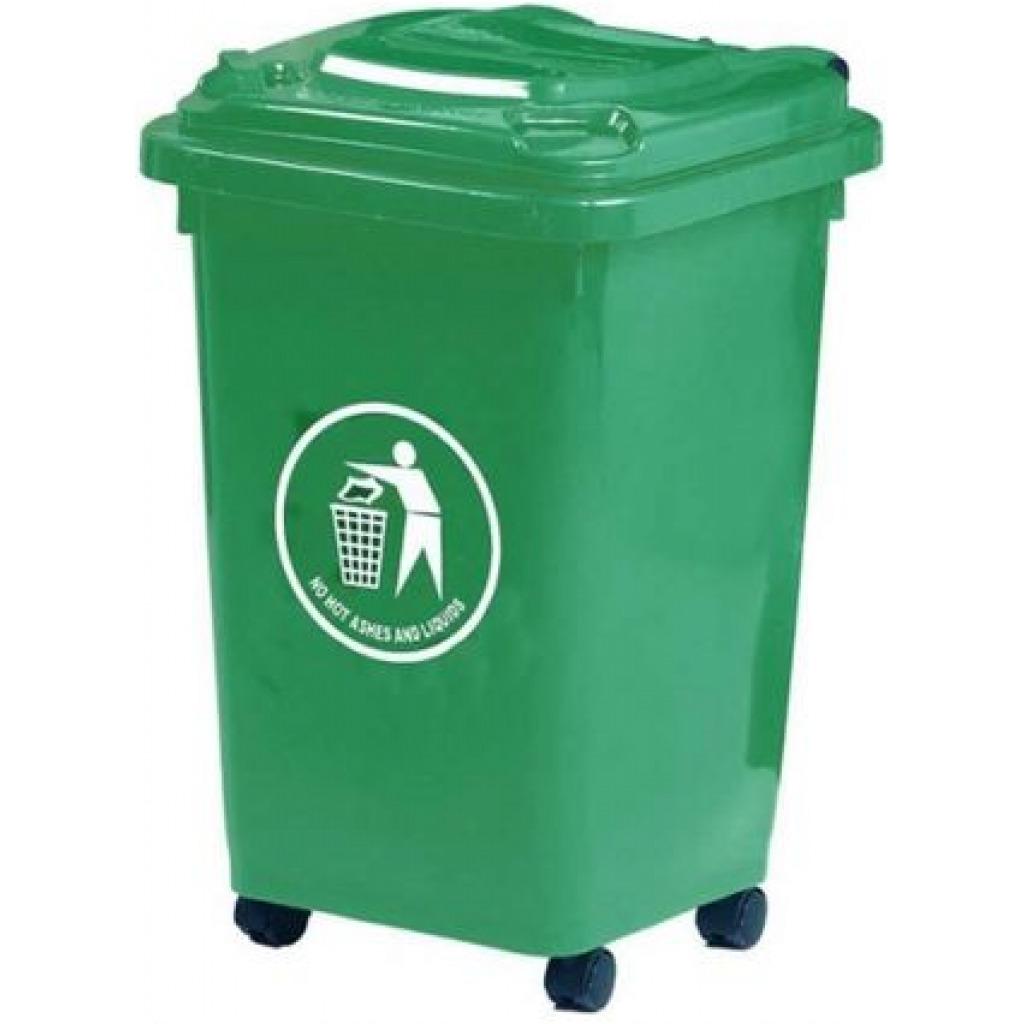
Outdoor 50L Plastic Waste BinGreen TilyExpress Uganda
First, remove the turkey from the plastic packaging. The legs will be held together with either a plastic or metal piece. Take that off. Then, reach inside the cavity. If the turkey is totally thawed out, the neck will come out on its own. If it's not, it'll probably be stuck to the still-frozen giblet bag. At any rate, remove both.
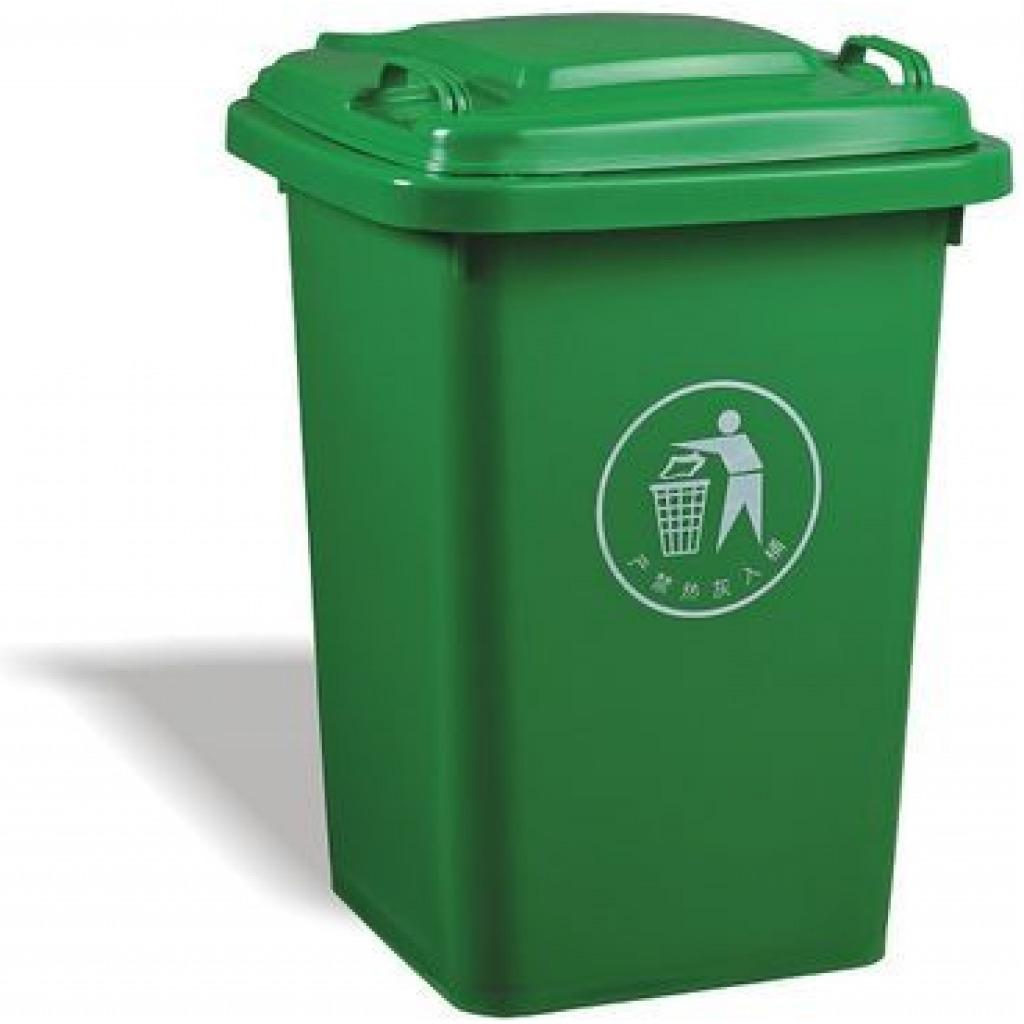
Outdoor 50L Plastic Waste BinGreen TilyExpress Uganda
If the plastic thing is difficult to remove, try using a pair of kitchen tongs to get a better grip. Gently wiggle the plastic piece back and forth while pulling it out. Be patient and avoid using excessive force, as this can damage the turkey. If the plastic thing is still stuck, consider using a small pair of scissors to carefully cut it out.
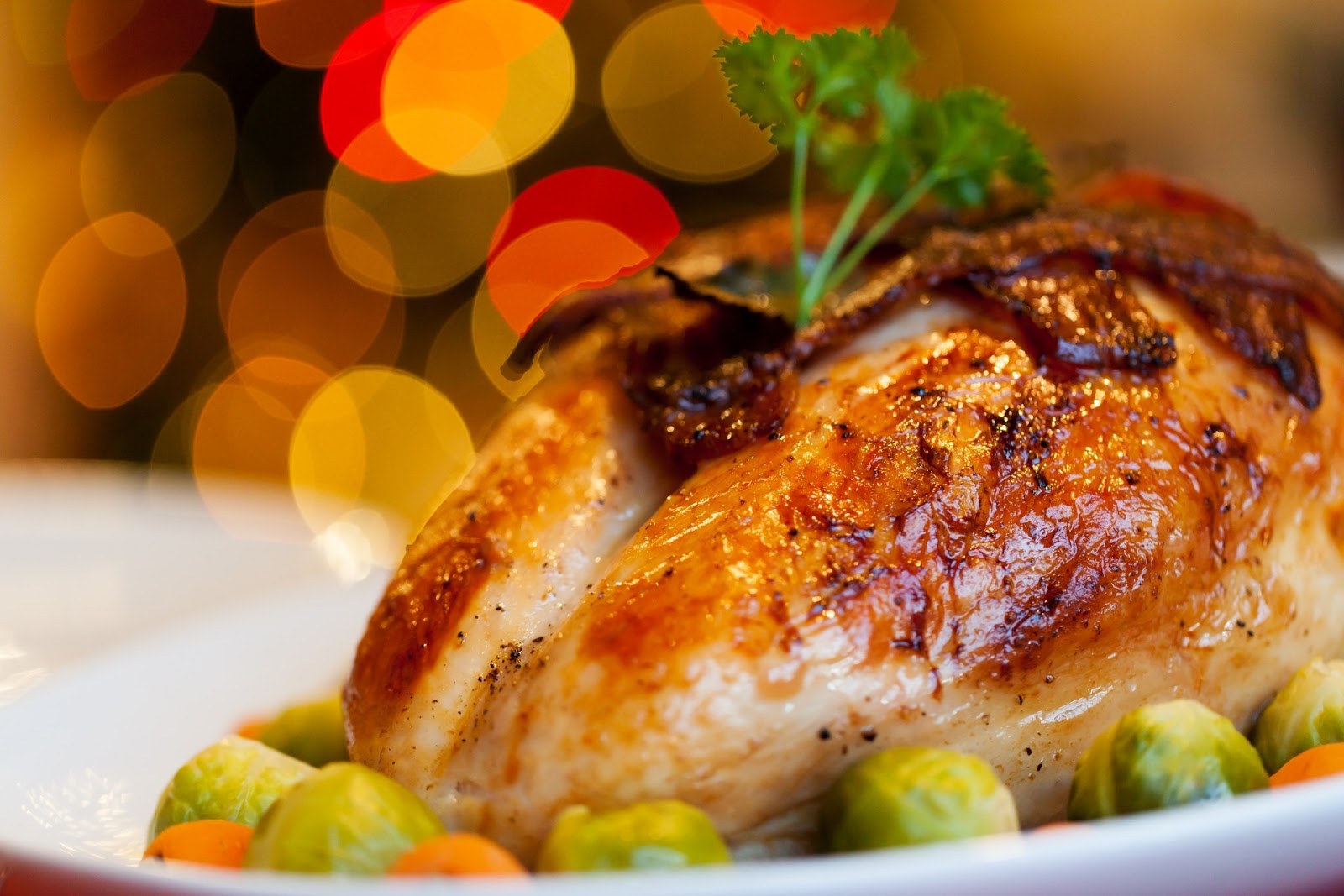
The 4.11 Turkey (15 lbs) Penny Pincher Journal
Cover turkey and foil pan with several layers of heavy-duty aluminum foil, sealing tightly. Place turkey in preheated oven and roast according to the following roasting schedule based on turkey weight: Eight to 10 pound turkey = roast for 2 1/4 to 2 1/2 hours. Ten to 12 pound turkey = roast for 2 3/4 to 3 hours.

Antalya Plastic Surgeon
Usually, the hock lock (the plastic piece holding the turkey legs together) is made out of heat-resistant nylon, meaning it is safe to put in the oven for temperatures under 500°F. This isn't always the case, however, so check the packaging of your turkey before you decide whether or not to remove the hock lock, as some may be made of metal.

Plastic Surgery and Tourism in Armenia
Inside that package is the gizzard, the heart, and the liver. The gizzard is part of the bird's stomach. It is very muscular, and has lots of folds on the inside. Because birds don't have teeth, their gizzard does all the "chewing" work. Turkeys (and chickens, and ducks, and other birds) swallow small pebbles or sand.

SMOOTH LID FOR LIFEPACK PILLBOX NECK 38 BLACK PPLINER PS EMBELIA
Hock locks are fasteners that come on butchered poultry such as chickens and turkey. They can be made of metal or heat-resistant plastic. Another term for them is "leg trusses.". The Butterball Company has taken to calling them "Oven-safe leg holders.". Despite the terms that the meat processing industry uses for them, hock locks often.

Pin on The Princess' room
Eurostat states that European Union exports of waste to China reached a peak in 2009, at 10.1 million tons. In 2020 only 0.6 million tons were exported to China, with Turkey taking up some of the remainder. In 2020, Turkey imported 659,960 tons of plastic waste from EU countries and the UK, making it Europe's top destination for the material.
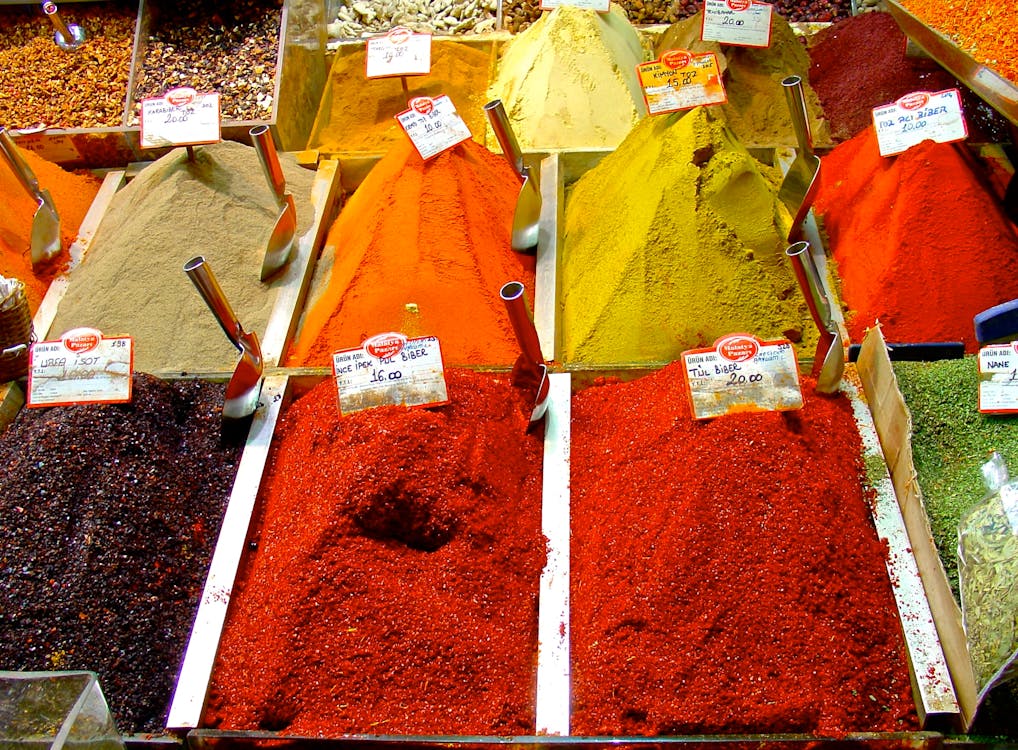
Free stock photo of turkey
Leaving the paper- or plastic-wrapped giblets inside the turkey during cooking: Some giblets are paper wrapped before being inserted into the poultry body cavity. In this case, there would be no concern if the giblets are accidentally cooked inside the bird to a safe temperature. If giblets were packed in a plastic bag, and the bag has been.
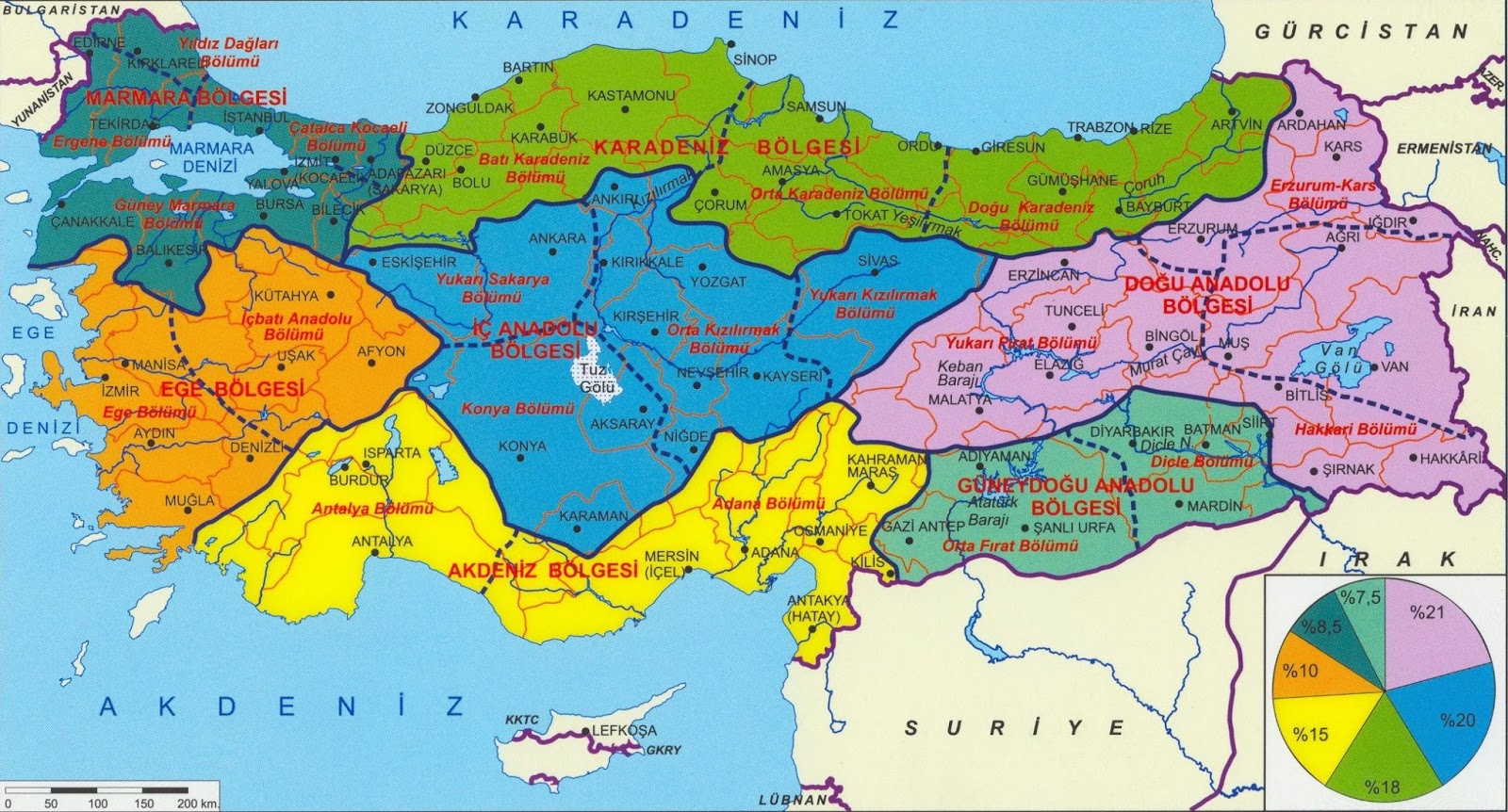
Map of Turkey Regions Turkey Physical Political Maps of the City
Step 2: Loosen the Plastic. After your turkey has cooled down, find the plastic inside it. It's usually inside the cavities, in this case, the neck or the bottom of the turkey. The plastic packaging may slip into the turkey during the packaging process, and it would be challenging to see it. Loosen the plastic.
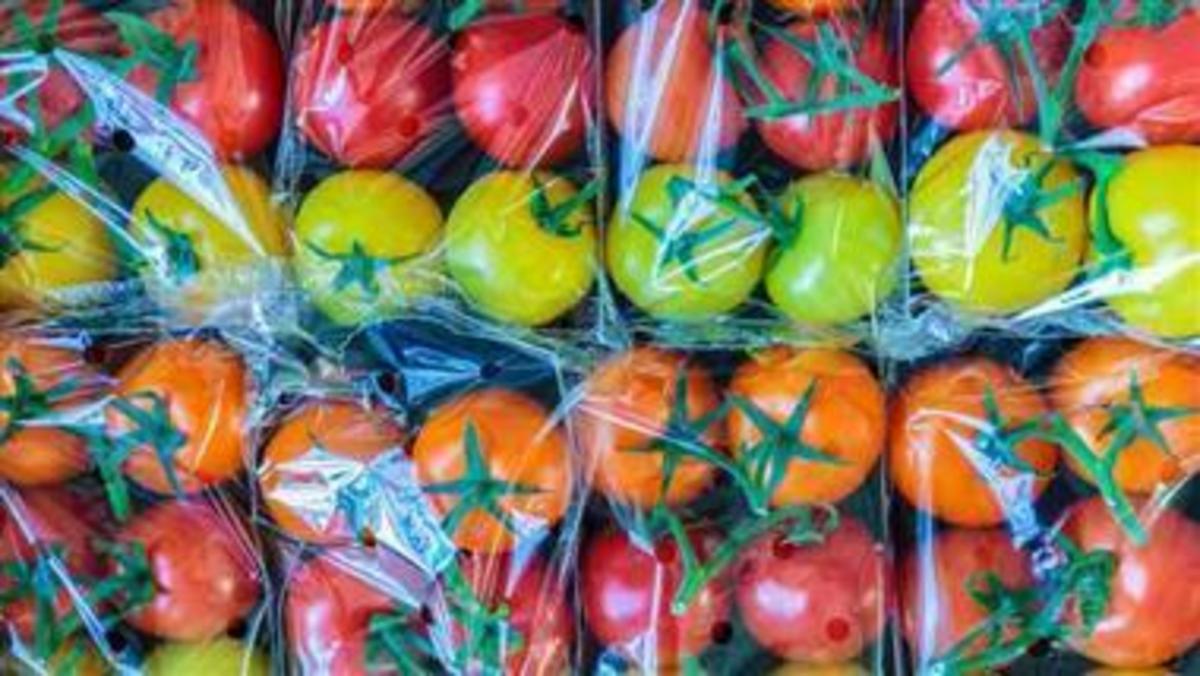
Why is food wrapped in plastic inside plastic? Nexus Newsfeed
Pros: * Plastic handles make it easier to handle turkeys. They provide a secure grip, and they prevent the turkey from slipping out of your hands. * Plastic handles help to prevent turkeys from drying out during cooking. They create a barrier between the turkey and the heat, which helps to keep the turkey moist.
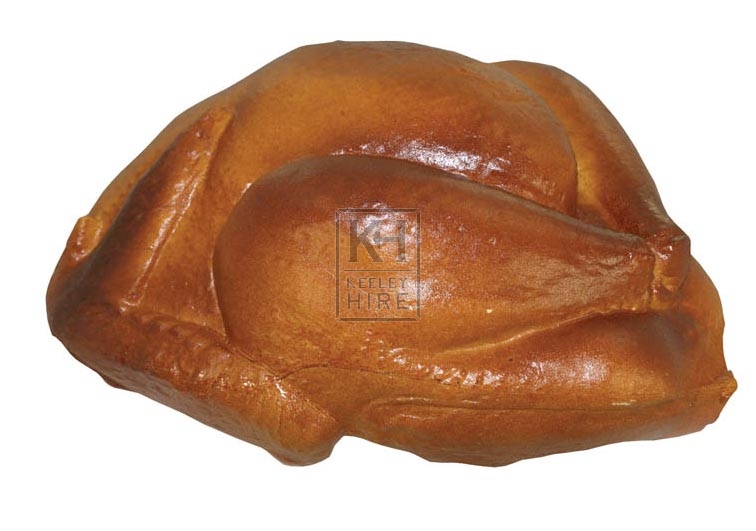
Food Prop Hire » Plastic roast turkey Keeley Hire
The short answer is yes, you should absolutely remove any plastic pieces that are inside or around the turkey before cooking. This includes the plastic truss that may be holding the legs or wings in place, as well as any other packaging materials that may be inside the cavity of the bird. When cooking a turkey, it is crucial to ensure that it.

Bye bye plastic bags Tanzania
The plastic hock lock found inside a turkey is simply for aesthetic purposes. This information was shared by The Grilling Dad in an article discussing the purpose of the plastic piece found inside a turkey. What is a Turkey Hock? The process of removing the hock lock from a turkey can be quite simple. First, locate the hock lock, which is a.

FilePamukkale Turkey.jpg Wikipedia
Explanation. 1. Use a pair of pliers to grasp the plastic thing and gently pull it out. This is the most direct way to remove the plastic thing. 2. If the plastic thing is stuck, try using a butter knife to loosen it. The butter knife can help to break up the adhesion between the plastic thing and the turkey. 3.

How to Roast a Turkey in a Bag A Bountiful Kitchen
Instructions. Image. 1. Use a pair of tweezers to grasp the plastic piece and gently pull it out of the turkey. 2. If the plastic piece is stuck, try using a butter knife to loosen it. 3. Once the plastic piece is out, rinse the turkey under cold water to remove any remaining pieces. Introduction.

Care in Turkey Istanbul
The plastic thing on turkey legs, also known as a hock lock or leg truss, is used to secure the legs of the bird together during processing and cooking.. Removing the hock lock is necessary if the bird contains a packet with giblets inside. Leaving the plastic tie on is safe, but removing it helps the bird cook more evenly and quickly. Quick.